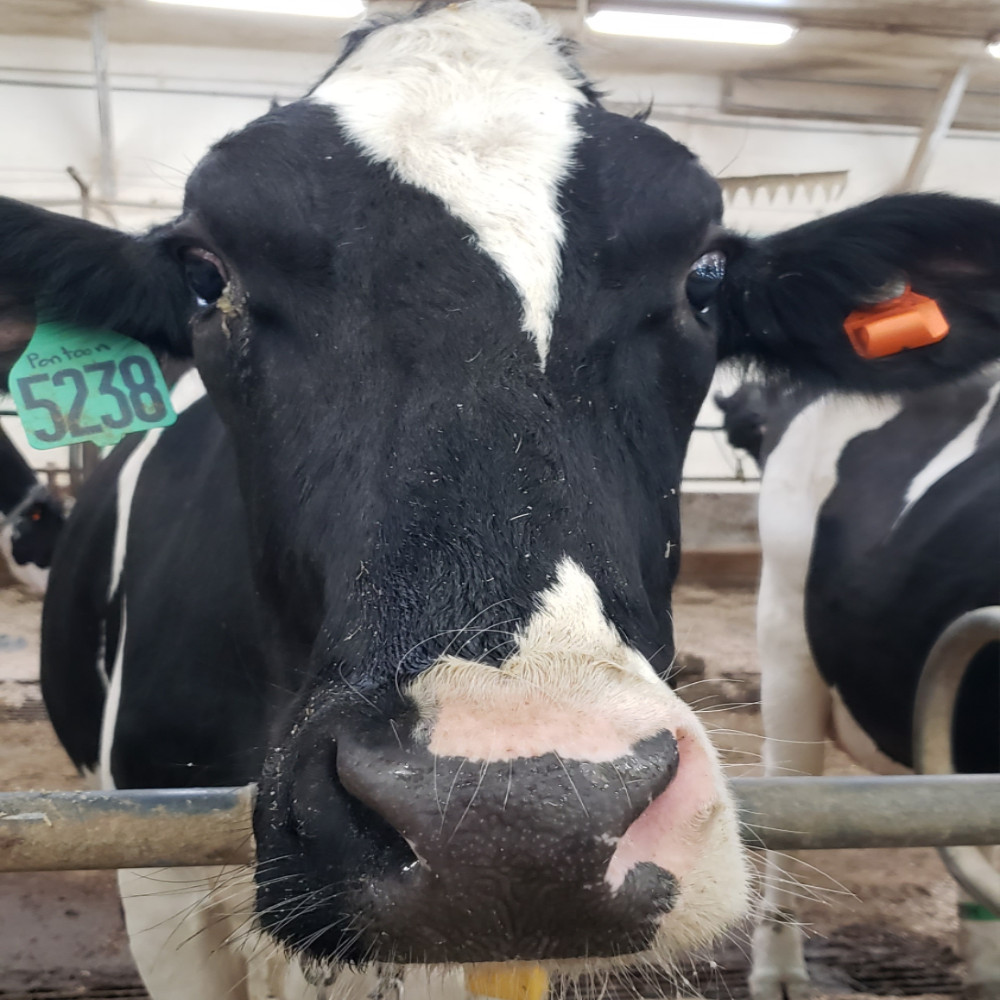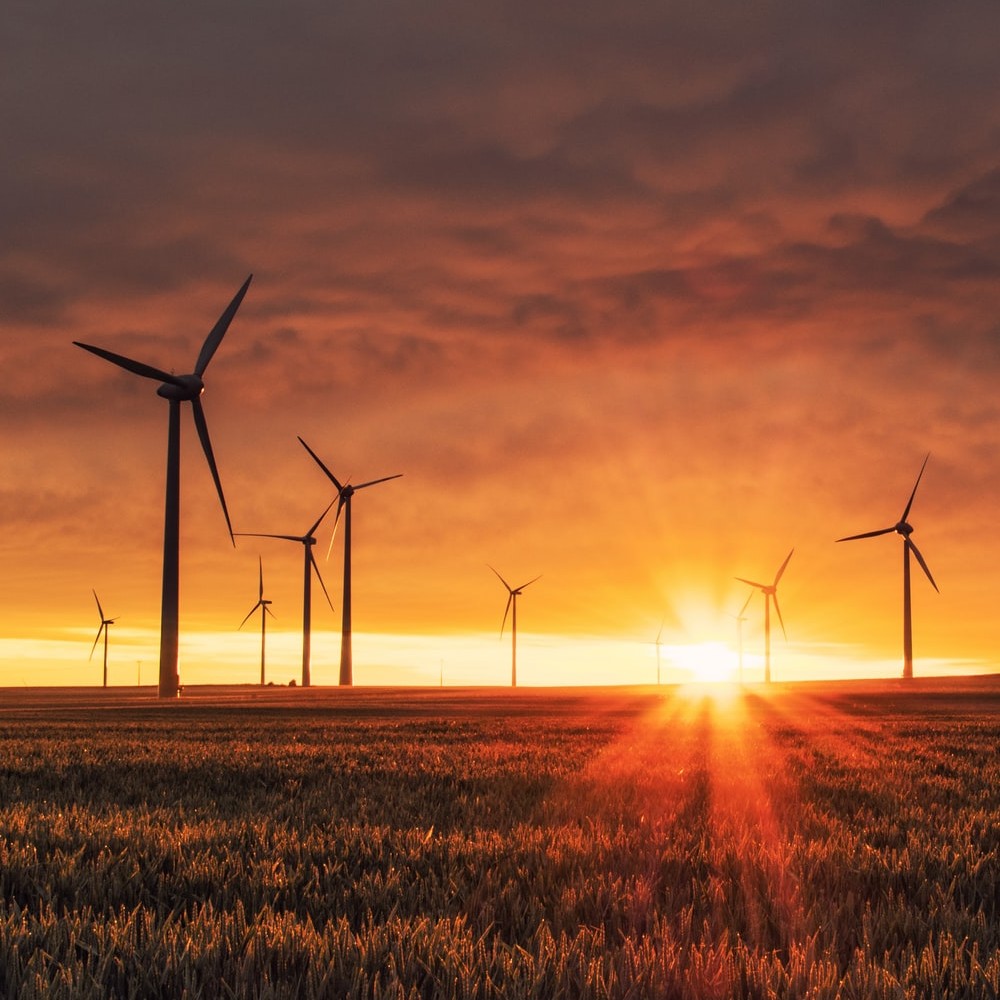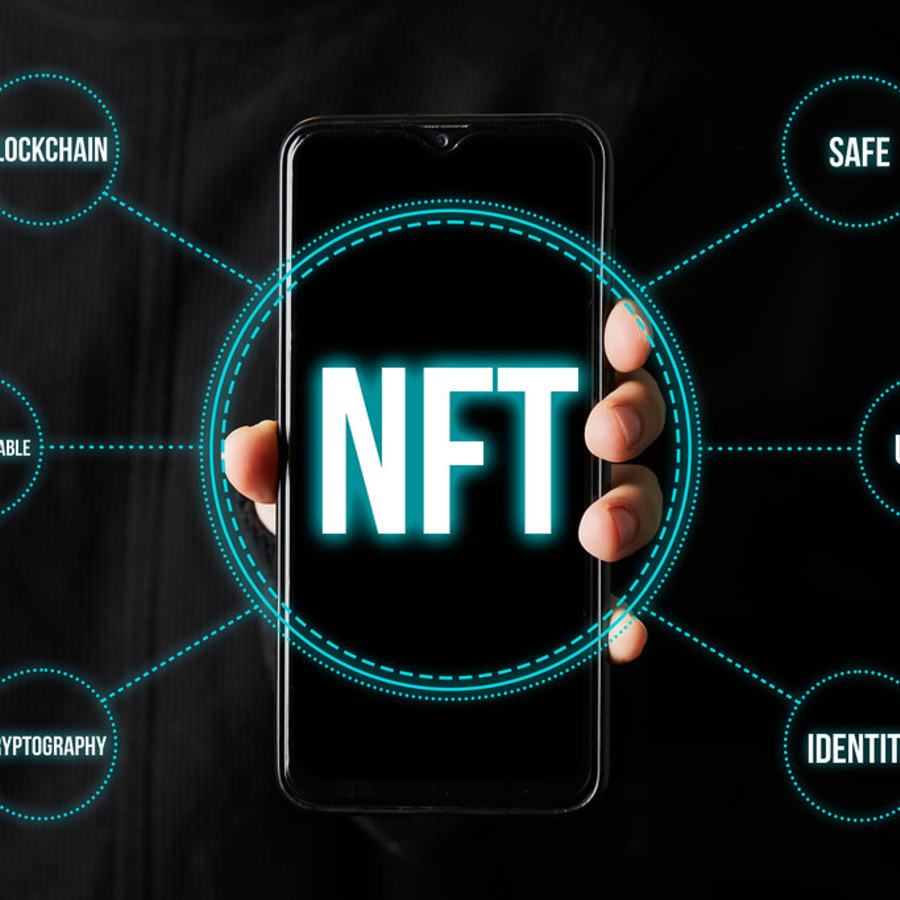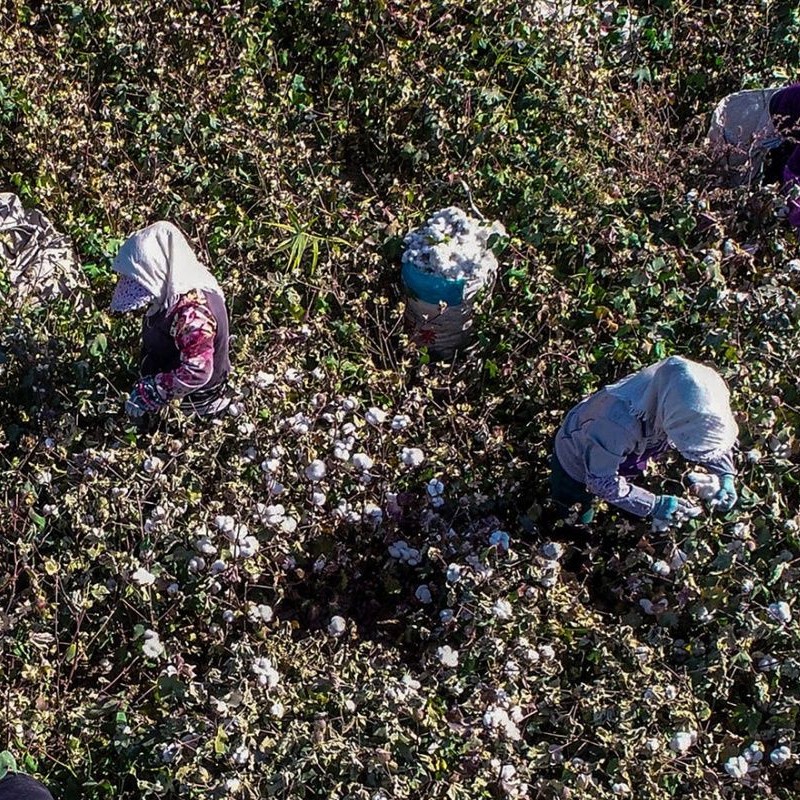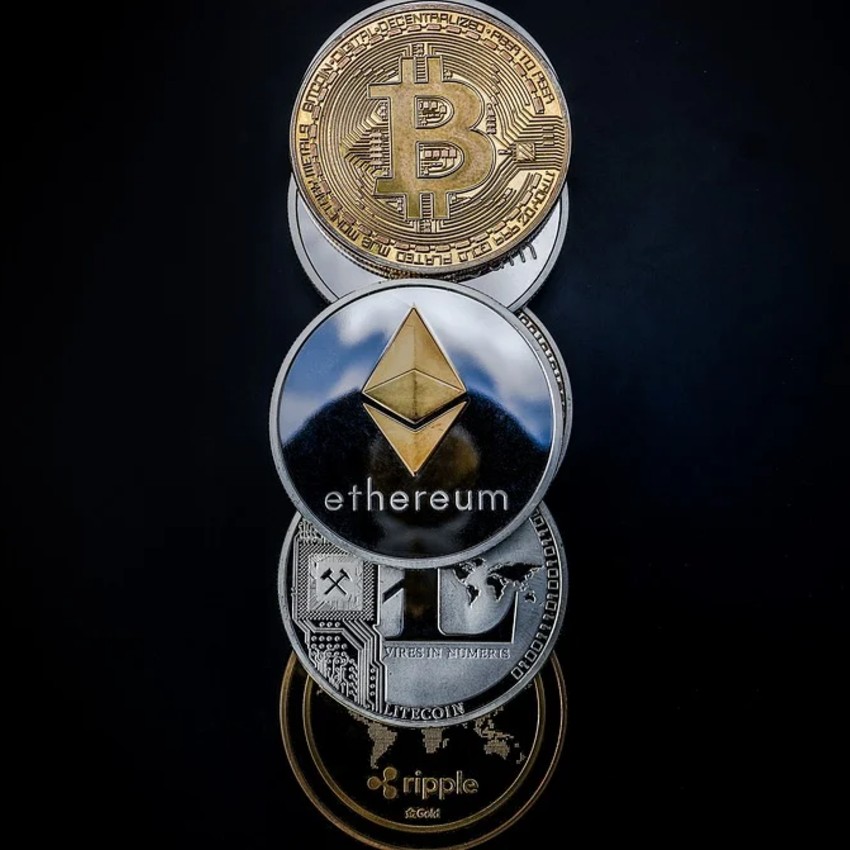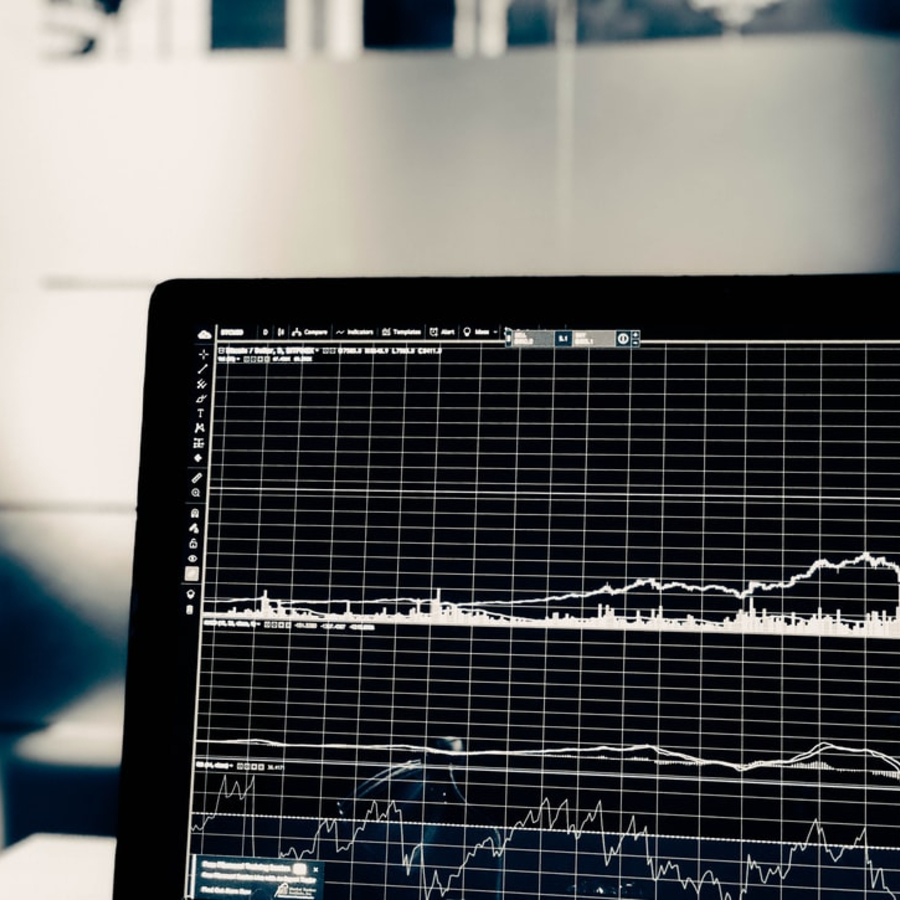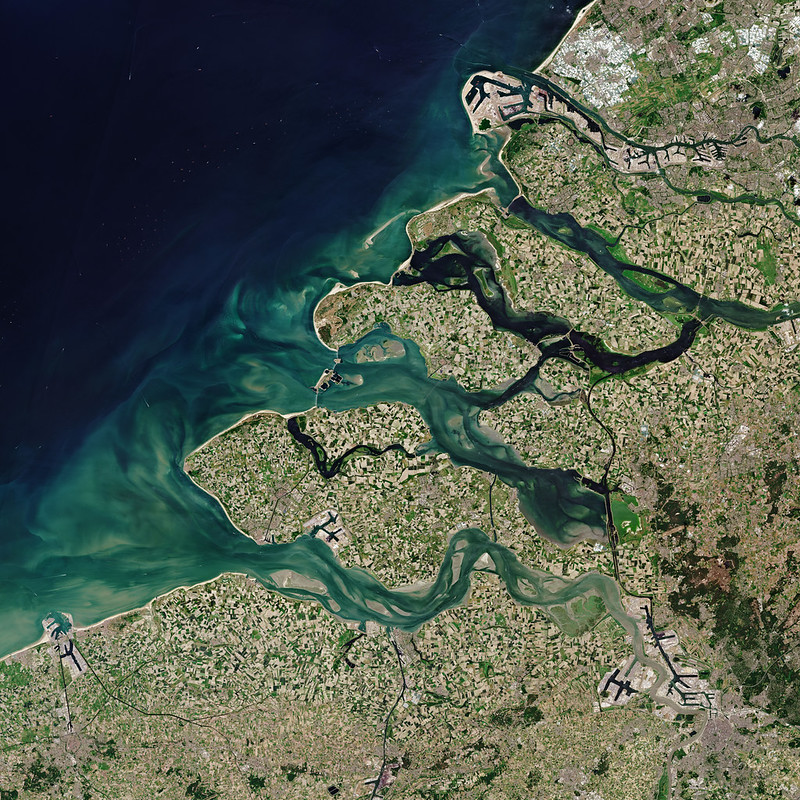This marks the last week of our academic year at Michigan State, and the globalEDGE team will be taking the summer off while team members will be graduating, starting full-time jobs, completing internships, traveling, and furthering their education in an effort to continue to contribute innovative and real-time news to the globalEDGE website when we return in the fall. During a year of virtual school and virtual work, we hope that our viewers were able to use our information to their benefit as we all take on these difficult times, and we appreciate your viewership and interaction with the site. Thank you for all of your support and we will be anticipating our return to the blog come fall.
globalEDGE Blog Archive April 2021
Publish Date:
Though COVID-19 is far from behind us, businesses and international trade are coming to life again after an unprecedented slowdown in 2020. While much of the world will be relieved by the global economy’s slow progression toward pre-pandemic levels, the recovery will inevitably bring with it some of our pre-pandemic problems. Pollution and waste represent a particular area of concern. No business comes without pollution, and in spring 2021, one facet of pollution is causing notable distress in the international business world: recyclable plastics.
Publish Date:
In 2015, Iran, the United States, and several other world powers came together to sign the Iran nuclear deal. This deal places restrictions on Iran's nuclear program, and in return, they are granted sanctions relief. In 2018, President Trump withdrew the United States from the deal in pursuit of a more effective solution. Iran began ignoring restrictions on the nuclear program about a year after the deal was signed.
Publish Date:
Last week, the European Union released a draft of strict regulations regarding the creation and use of artificial intelligence (AI). This 108-page document of rules and regulations aims to ban or restrict multiple “unacceptable” uses of AI, which the European Commission deems as any AI system that is considered a clear threat to the safety, livelihoods, and rights of people. This includes the use of AI in a range of activities like hiring decisions, bank lending, school enrollment selections, court decisions, and facial recognition in public places. Although the EU’s proposal faces a long road before it becomes law, as it must be approved by both the European Council and European Parliament, it has profound implications for big tech and national governments around the world.
Publish Date:
This past week, Apple unveiled their new line of products, including new iPads and iMacs. There has already been a lot of controversy in the business world about Apple's new unveilings, including a new product, AirTag, looking incredibly similar to the product Tile, and the new podcasting app on iPhones directly competing with Spotify. However, the latest software update to their products has more profound consequences for other well-known businesses, particularly Facebook.
Publish Date:
When a person goes to buy groceries, how many of those products are dairy or contain dairy in them? Chances are quite a few of them, especially if they enjoy a nice glass of cold milk with their cookies, ranch and/or cheese on their salads, if they put butter on anything, have a cup of yogurt or cream cheese on a bagel for breakfast, or end dinner with a scoop of ice cream. If they do consume dairy on an annual basis, this person would join the 6 billion people globally who also consume dairy. Just about every country around the world has a dairy farm, whether this means a farm of 3 or 100 cows. With all of those farms, they need to be staffed, which brings lots of jobs. 240 million jobs are tied to the dairy sector, with roughly one-third of those held by women. 600 million people globally live on those farms, while 400 million more people are dependent on dairy as the product moves upstream through the various supply chains to reach the final customer. About 10% of all of the protein produced in the world is from the dairy sector, and also includes other beneficial micronutrients for good health.
Publish Date:
Sustainability is top of mind for consumers, companies, and governments around the world. As renewable energy becomes more feasible and technology advances us toward a cleaner future, it is apparent that resource availability, future profits, and the state of our planet will be dependent on the choices made in the next few decades. The sustainability landscape changes year to year to reflect the newest regulations and trends, so reports are released regularly to keep up to date. Let’s look at the updated sustainability trends by industry.
Publish Date:
A unique digital asset. The definition of a nonfungible token (NFT) may be simple in writing, but its applications stem to far-reaching uses that encompass a plethora of opportunities. In its essence, nonfungible means the token can’t be exchanged for another thing of equal value and each token is an entirely original and unique piece. An NFT could be an entirely blockchain-originating image. This same image could have an exact duplicate that is a completely different NFT because of its varied blockchain code. On April 16th, 2021, a single NFT created by the infamous whistleblower, Edward Snowden, sold for 5.4 million dollars. So what are these new digital assets, and how are they being used in the global business world?
Publish Date:
Optimism for the end of the pandemic has steadily increased with the arrival of widespread vaccinations. No industry is more ready for a return to normality than the tourism industry. In 2019, the last normal year for travel, tourism provided $8.9 trillion to the global GDP. Through October of 2020, tourism revenue was down $935 billion. As we look forward to being able to travel again, let’s look at which cities and locations see the most visitors per year.
Publish Date:
During the last week of March, France President Macron read the “anti-separatism” law for the first time. This law states a plan to ban women under the age of 18 from wearing hijabs in public. There is now a second amendment that would ban women from wearing their religious clothing on school trips or activities with their children. France has over 5.4 million Muslims and government senators are hesitant to proceed with these amendments.
Publish Date:
One of the most afflicted industries from the pandemic was entertainment. The prevention of travel and crowded environments, as well as the cancellation of many global sporting events, had a significant impact on the gambling industry. Brick-and-mortar gambling companies experienced decimated levels of revenue in 2020 due to lockdown restrictions. However, these events gave way to the rapid growth of the online gambling market—an emerging trend that is here to stay.
Publish Date:
Tulum, located in Quintana Roo, Mexico, is known for its modern bohemian-style atmosphere, its beautiful beaches and cenotes, and its eco-friendly nature. Just a decade ago, Tulum was relatively untouched and undeveloped, but it is now one of the fastest-growing destinations in the world for both vacations and residency. A big reason for this is the developers’ strict commitment to preserving Tulum’s natural beauty by building highly sustainable and environmentally friendly infrastructures. These efforts have attracted some of the world’s best architecture firms and novel real estate investors alike.
Publish Date:
The usage of ethically made materials has been one of the biggest issues in the fashion industry. In particular, fast fashion brands such as H&M, Zara, Shein, and Romwe have been targets to move towards sustainable fashion and more ethical consumption. The newest issue on this front is dealing with the accusations that recently surfaced regarding the H&M Group profiting off of forced labor of the Uyghur people in the Chinese territory of Xinjiang.
Publish Date:
As technology continues to advance and phase itself into many aspects of our lives, the discussion of digital currencies being used by central governments has been brought to the table time and time again. With countries like China already deciding to implement a digital currency through their central government, pressure has been brought on to other large forces of the global financial sector as to whether or not they will do the same.
Publish Date:
Live stream selling is a newer form of e-commerce that is changing the way consumers around the globe shop. This new way of shopping allows businesses of any size to demonstrate and display their products to a much larger audience than traditional shopping. As restrictions continue because of the pandemic, many consumers are turning to live stream selling as a way to stay connected and receive a more authentic way of shopping that can be done from anywhere. Consumers have continued to look for an interactive and personalized experience throughout the pandemic. Businesses can provide this experience through live stream services such as TaoBao or Tmall, and even Instagram, Facebook, or Amazon.
Publish Date:
The Risk Comparator tab within each Economic Classification page on globalEDGE has been updated to reflect the most recently available 2021 data. With the onset of the pandemic starting after the source, The Economist, provided its ratings last year, this year's ratings will show the impact that COVID-19 has had on countries and on the different classifications of markets in terms of their country, political, currency, sovereign, banking sector, and economic structure risk. Explore the individual links below to gain a better understanding of market trends and to see how exactly specific countries have faired in managing risk during the course of the past year.
Publish Date:
A sovereign credit rating is a measurement of a country’s creditworthiness. This rating is calculated by an agency that investigates a country’s economic and political environment. The assessment helps investors identify the risk involved in investing within another country.








